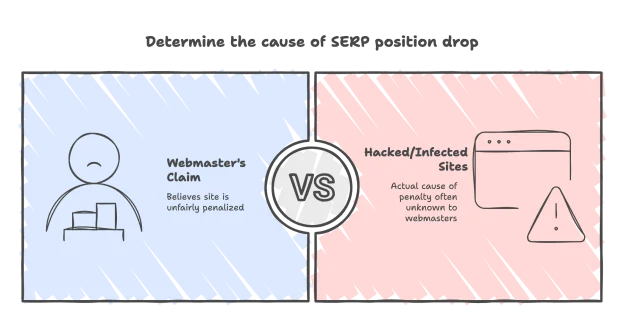Keeping abreast of everything that’s happening in a vibrant and dynamic industries like SEO and inbound marketing is no easy task. So, this week, we’re pleased to offer our visitors the first of our monthly roundups of what you need to be reading in SEO, social media, hosting and web design.
We hope you learn as much from reading it as we did when we compiled it.
SEO and Inbound Marketing
- I see so many SEO guides floating around that advocate manually collecting all kinds of information, from contact information to broken links, and they almost always consist of digging around the internet for the information and copying and pasting…and copying and pasting…and copying and pasting.
- If you take some time to decode some of these fancy looking SEO acronyms, you may find that understanding internet marketing lingo isn’t as difficult as you think.
- Author Rank: A Step-by-Step Guide to Dominating Search with Content Marketing – If you are a content marketer, blogger or writer, you’ll be happy to hear that there have been five recent SEO changes that will play to your strengths.
- Blog Headline Writing Lessons from Mega-traffic Sites – What’s one of the most simple traffic building tools that even most top bloggers don’t use? Surprisingly, few bloggers take advantage of the ability to target a separate headline for people browsing the site and people searching via Google, Bing, etc.










